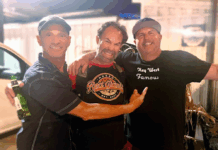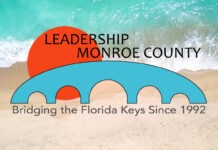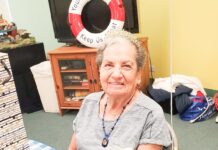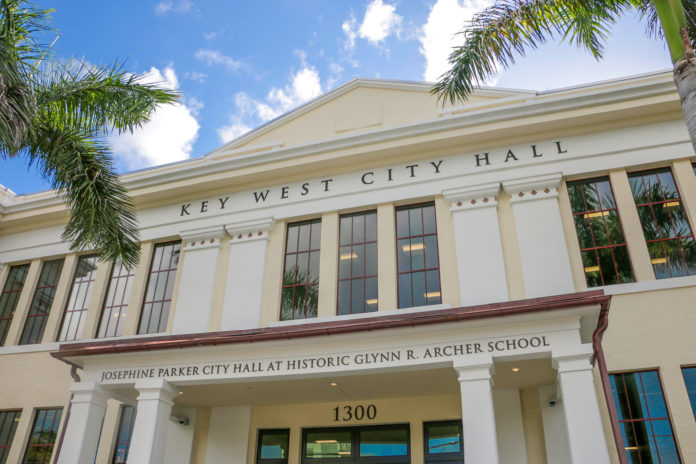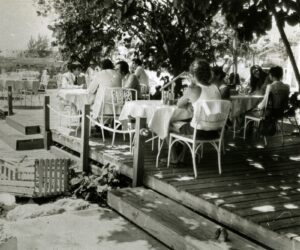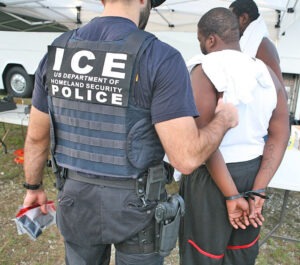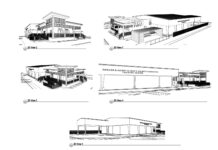Key West voters in November will be choosing more than a U.S. president, mayor and three new city commissioners. The city’s ballot also will ask voters whether they support the issuance of $300 million in general obligation bonds — basically a long-term line of credit that the city can access when it needs to fund major construction projects and then pay back over 30 years with interest.
The city commission on May 9 voted to give preliminary approval to the ballot questions, although a second reading is required next month before they are formally placed on the ballot.
And support for the bond issue is far from unanimous, with commissioners Lissette Cuervo Carey and Billy Wardlow opposing the issuance and the ballot questions for the November election.
The public was also divided in its support versus opposition for the bonds and long-term debt for the city.
Resident Roger McVeigh spoke in support of the bonds on May 9, saying, “This city is a lot bigger than it used to be with $432 million in net assets. It’s extraordinarily unusual to not manage those assets without long-term financing. Right now, we’ve been paying as we go and there’s not enough cash coming in. Most projects are severely needed, and I ask that you support the bond referendums and let the voters decide.”
The potential projects that could be financed by the bonds include a new fire station on Kennedy Drive, renovations to the police station, revitalization of Mallory Square, replacement of the Martin Luther King Community Pool, Bayview Park renovation and addition of a splash pad, and several road-raising, draining improvement projects.
Kerry Baker, who heads the Key West Chamber of Commerce, told the commission on May 9 that “the bond proposal was not well received by our members” due to the burden the debt would place on homeowners and commercial property owners, as the bonds will be repaid with property tax money.
“With interest rates at an all-time high, we don’t feel it’s the right time and we should allow the new commission to consider this issue. We encourage you not to support the ballot questions about the bond, as the cost appears exorbitant.”
Carey was outspoken in her skepticism of the bond issue.
“The $300 million could turn into $500 million with interest,” she said, adding that she had heard a public education campaign is planned to let voters know the details of the bond questions before the November election.
“Who’s going to be handling that public education campaign? And is anyone going to tell the voters about any risks associated with this financing? It seems like the plan is to only discuss the benefits.”
Carey has been meeting regularly with some residents, including George Edson, who has researched the issue. Edson said in an email to city officials that the bonds are a bad idea “for so many reasons.”
“I suggest that $300 million in bonding over 30 years is not the right approach, for so many reasons,” Edson wrote. “The average lifespan of many of the items on the list is way way less than 30 years. It’s like financing your next car for 30 years. … If the bonding fails, you are nowhere. Instead create a short list of the few most important needs and design them, and finance them, and do them. Many items paid for by the bond are overdue maintenance items. Maintenance is clearly not something to be funded with a bond and certainly not for 30 years.”
Edson’s list continues with other concerns about interest rates and the city’s wish list of projects.
Mayor Teri Johnston said that while $300 million “sounds like a big number,” the costs of construction projects are increasing rapidly. “I think these bond questions are the quintessential form of democracy. Let’s let the voters decide.”
Commissioner Sam Kaufman wanted assurance from the city’s bond consultants that each project that would be funded with bond money would come to the commission for approval first, before any of the bond money is spent, which is true. Kaufman compared the bonds to a line of credit on a home.
“It can be used as a last resort, but let’s be honest, if we have a catastrophic event, what would we do? We’d have to rely on federal and state funding to bail us out. We have to have a plan B.”
“This is not the big bogeyman that everyone thinks it is,” commissioner Jimmy Weekley said. “Bonds are how the city got the Key West Bight property. It’s how we can improve people’s quality of life in the city. And these bonds don’t have expiration dates. If interest rates are too high, we can just sit on them with no interest. It’s not the big burden that everyone thinks.”
Stay tuned to the Keys Weekly for a deeper look at the bond issue. The city commission will discuss the issue at the June 13 meeting before giving final approval to the ballot questions for November.

